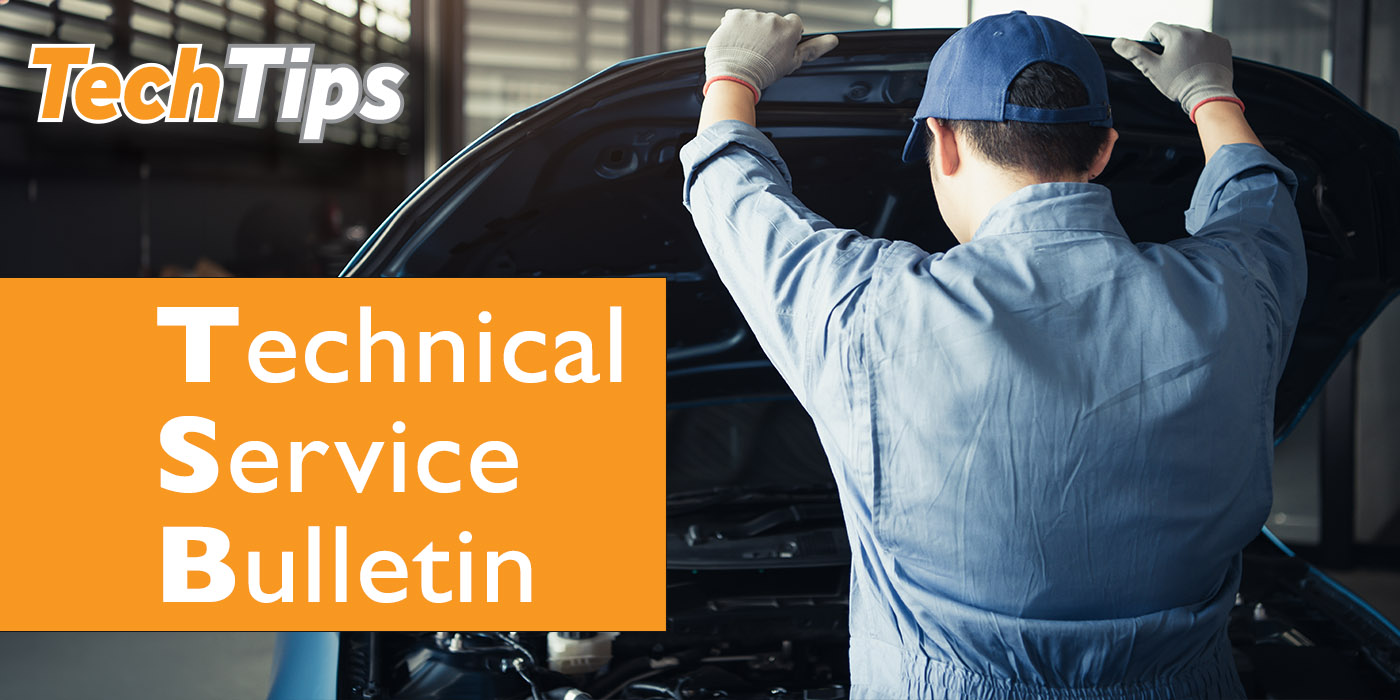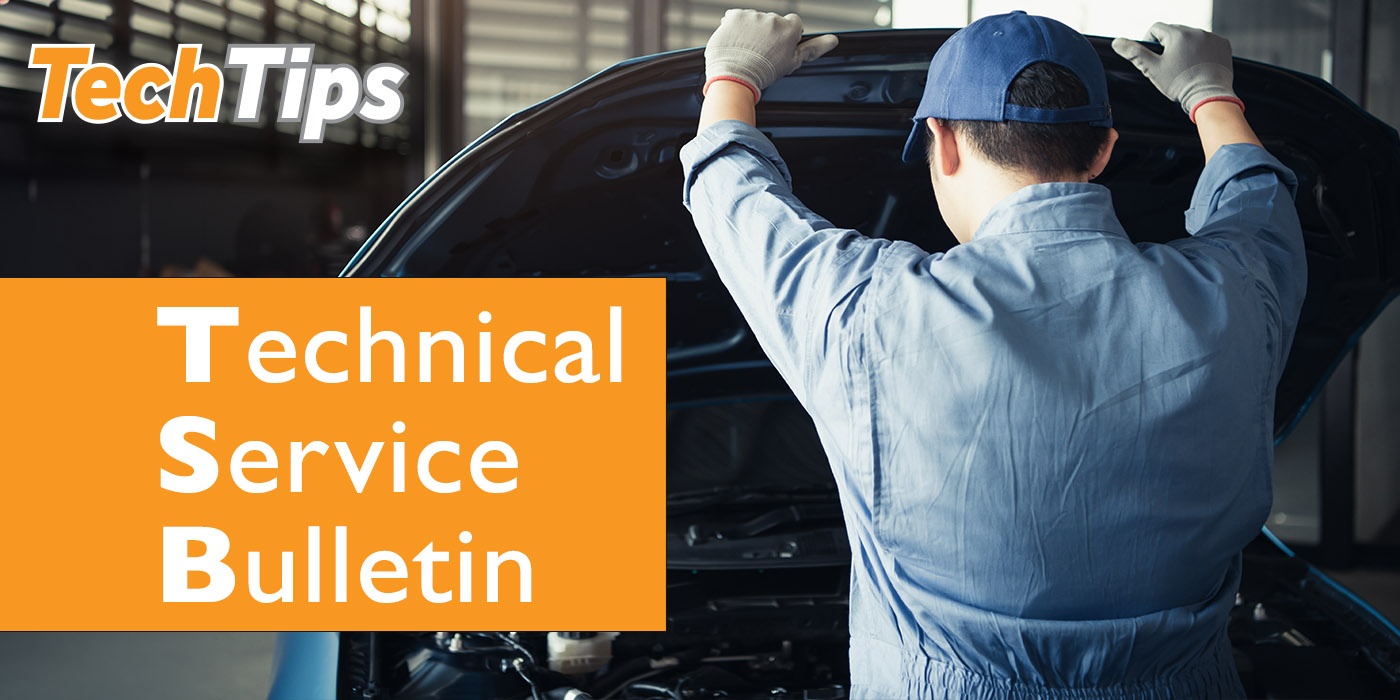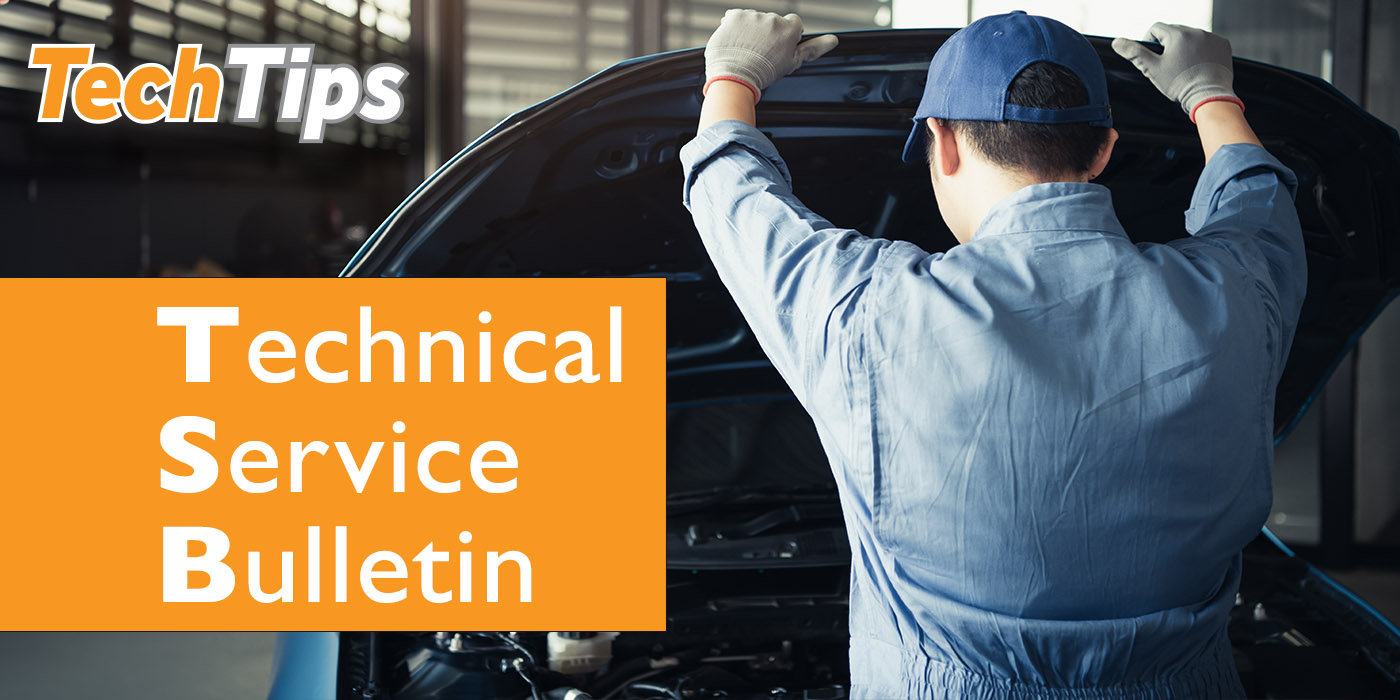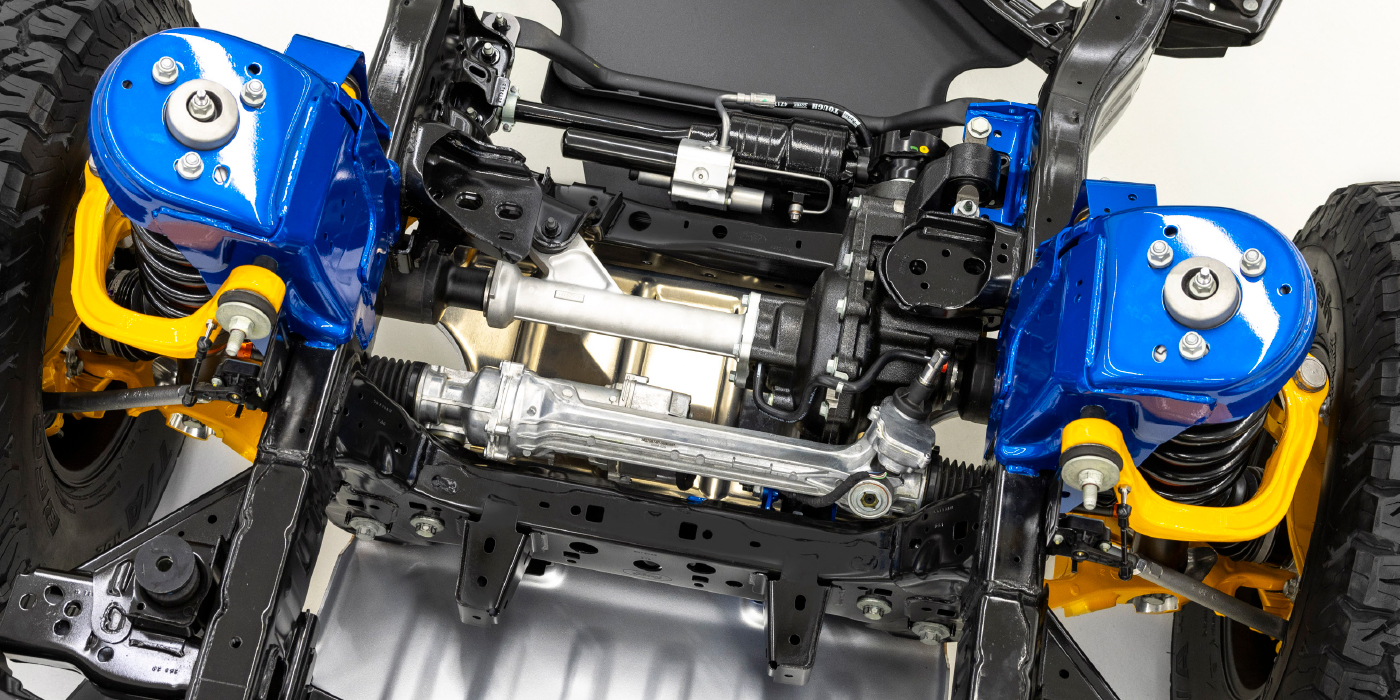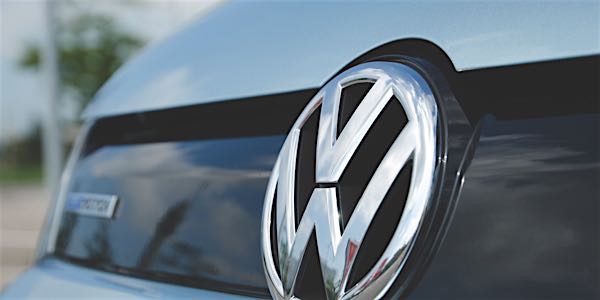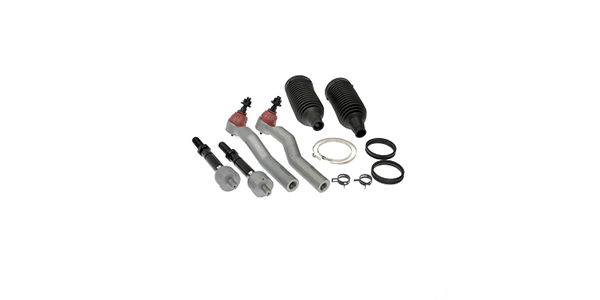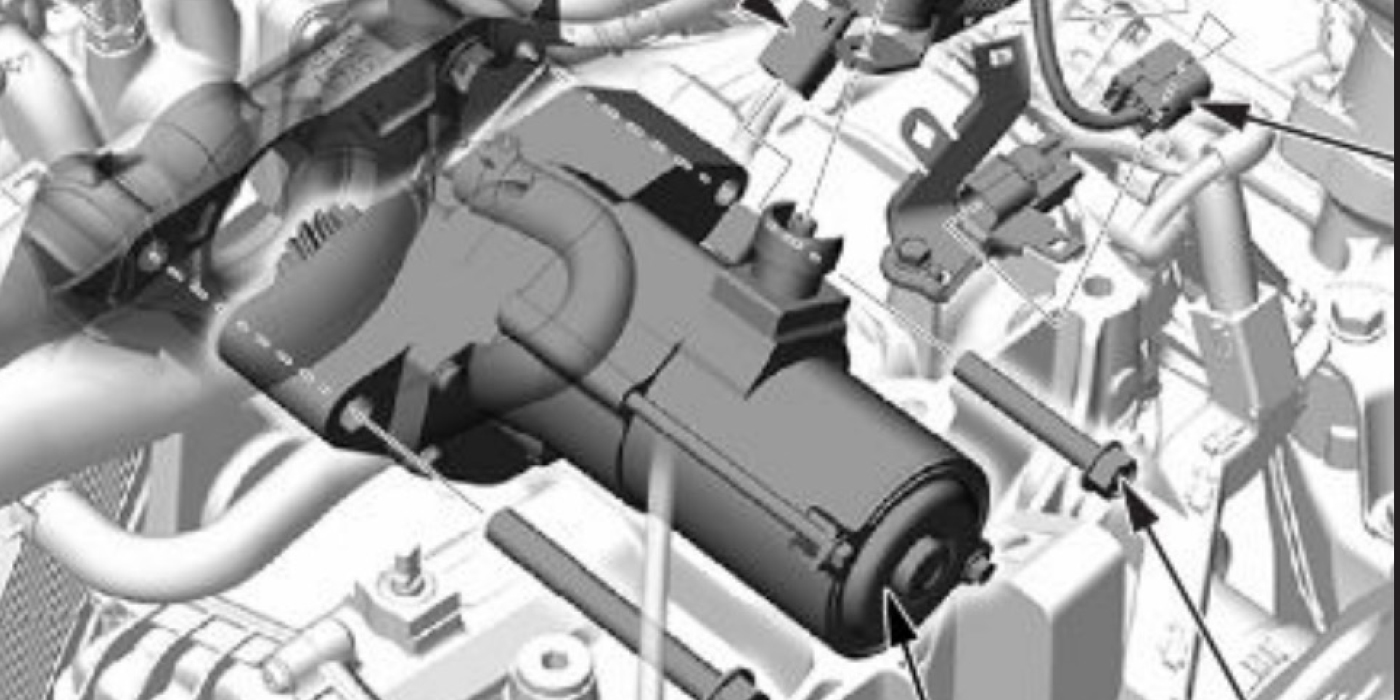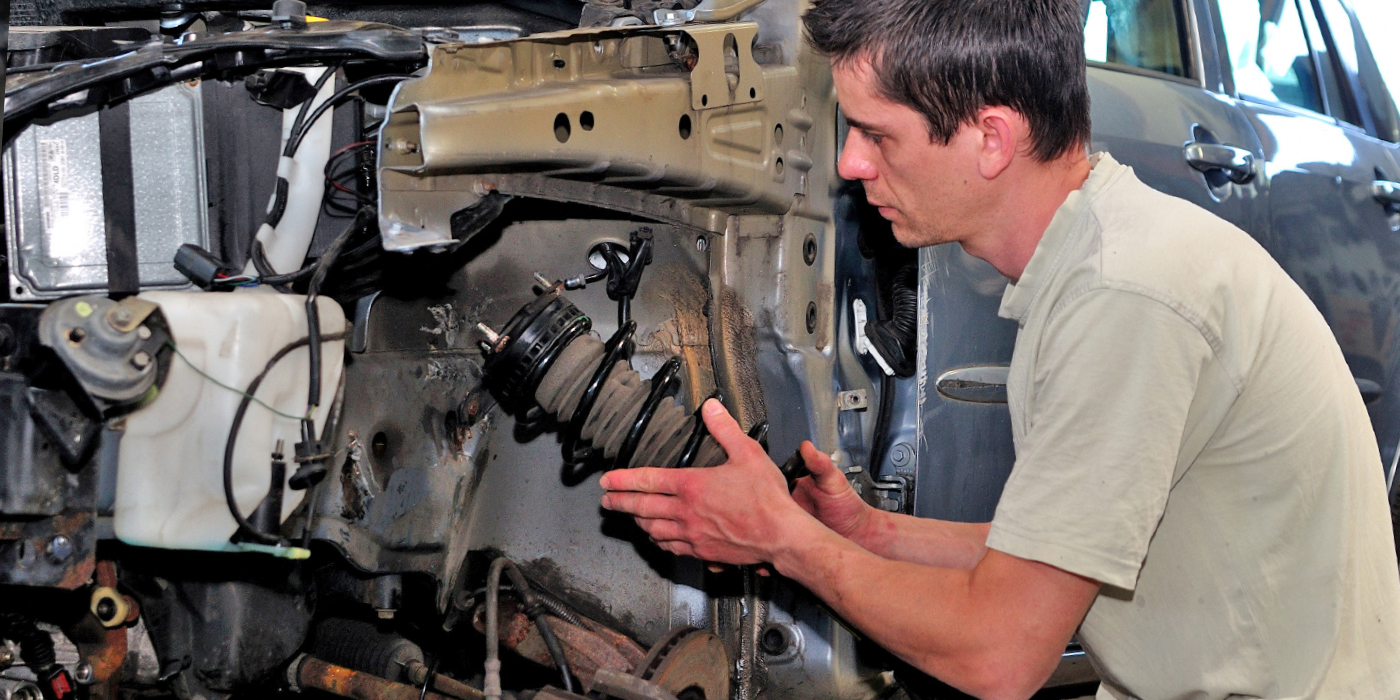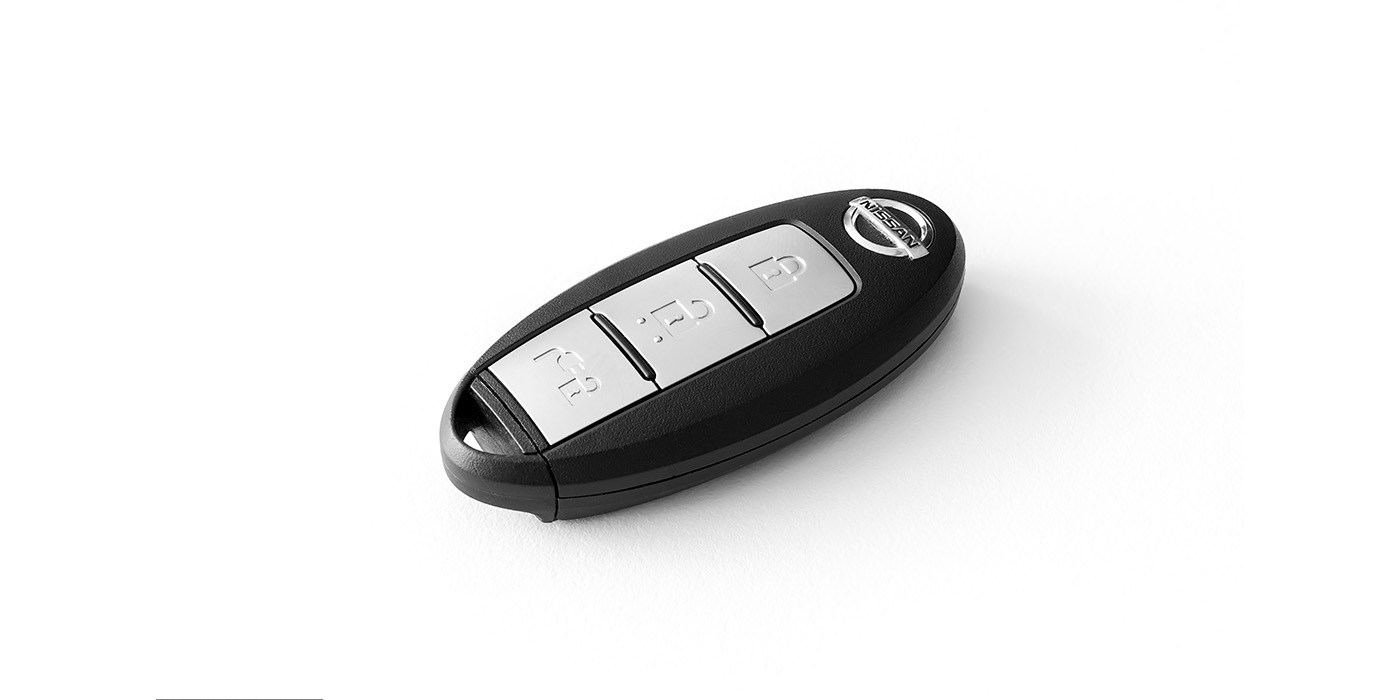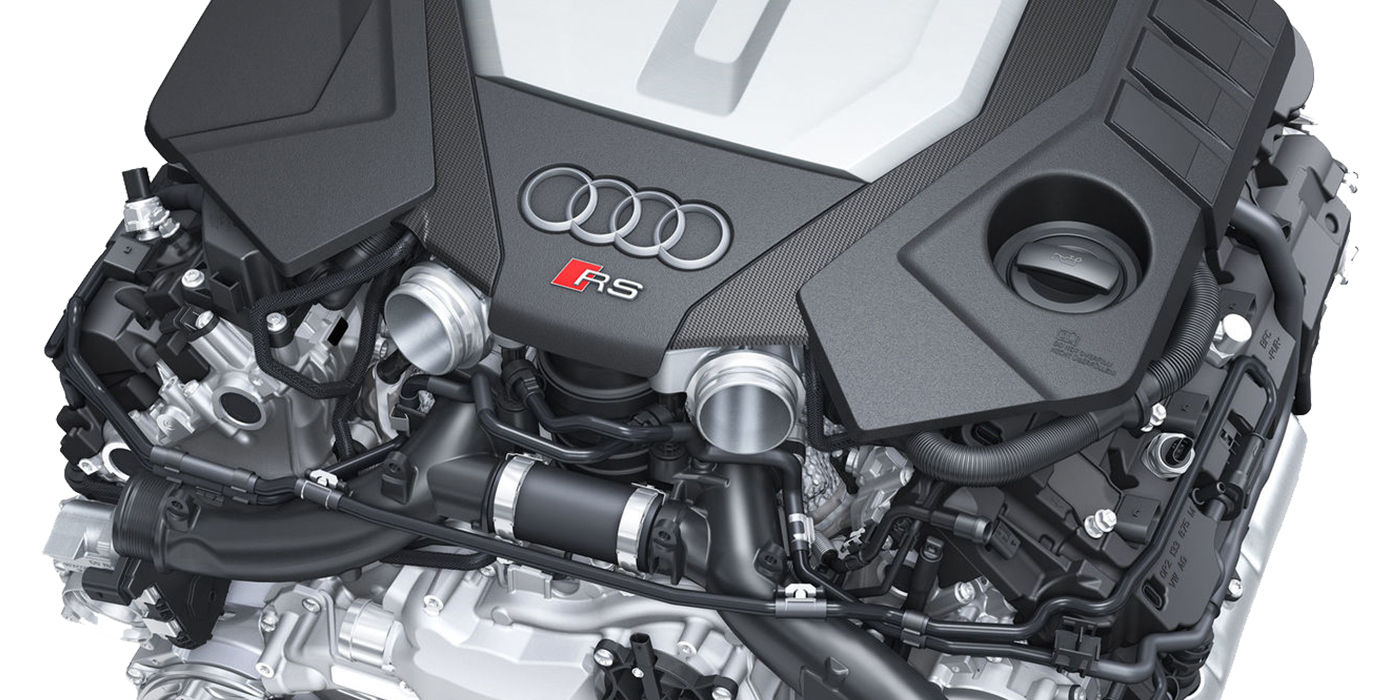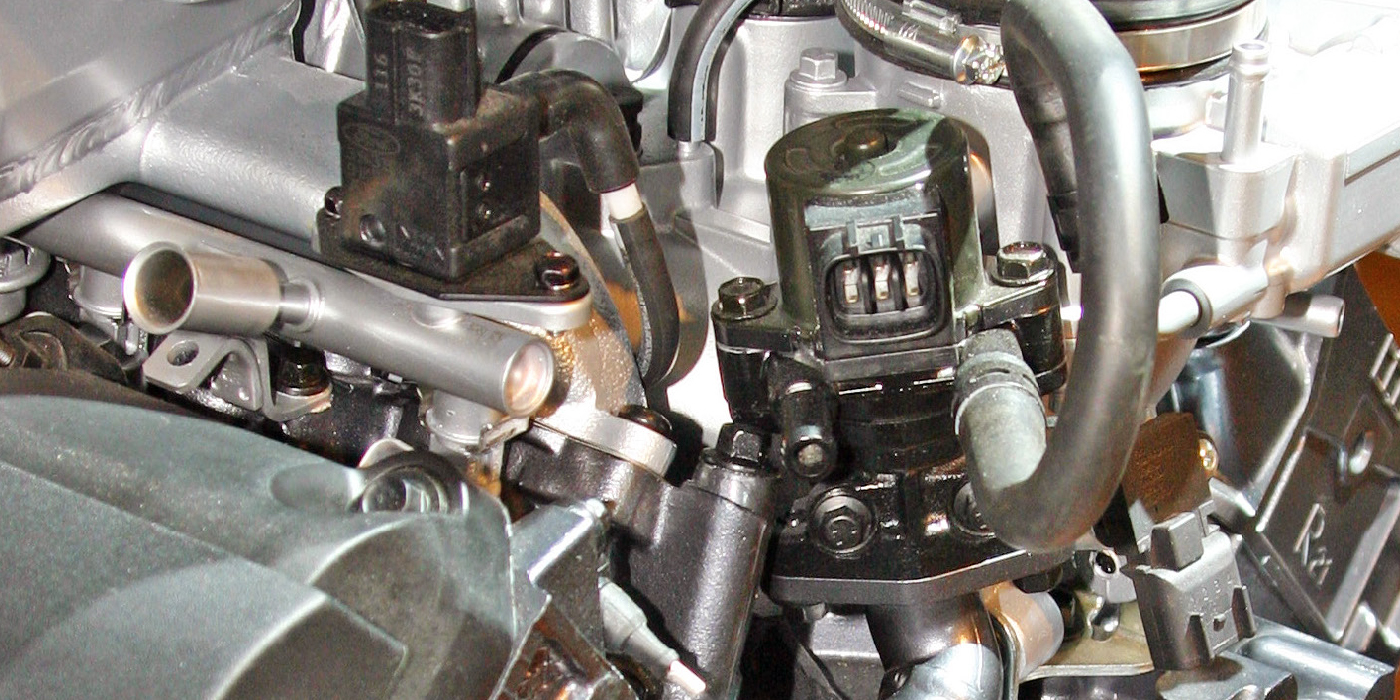In millions of vehicles, lead-acid batteries start people on billions of journeys every day. Yet as car engines become more complex and the technology of automotive batteries advances, motorists seem to be confused about the proper maintenance of the batteries under their hoods. The article, "Auto Batteries: Some Go the Distance" in the November 2005 issue of Consumer Reports, clouds the issue further.
The auto battery, made of lead, plastic and electrolyte – a dilute solution of sulfuric acid and water – is designed to deliver a short burst of high power to start the vehicle’s engine. What does battery maintenance entail? Should motorists pry off the battery caps, check the electrolyte level and add water? And what does the term "maintenance-free" really mean?
Battery Council International (BCI), the trade organization representing the country’s leading manufacturers and recyclers of lead-acid automotive, commercial, telecommunications and industrial batteries, provides clear and unequivocal recommendations.
MAINTENANCE-FREE BATTERIES
The Consumer Reports article states: "While some batteries with caps are claimed to be maintenance-free, any such model should have the electrolyte level beneath its caps checked at least yearly, according to Battery Council International, an industry group." This is incorrect.
According to BCI, the majority of today’s auto batteries are maintenance-free. This means that motorists should not check or top off the electrolyte levels in these batteries.
"Battery manufacturers provide instructions with their products, and a motorist should read and follow all of them," said Randy Hart, president of BCI. Hart also is President of Superior Battery Manufacturing, Co. in Russell Springs, KY.
Additionally, the battery label generally provides guidelines: many maintenance-free battery labels carry a "do not open" or similar statement. Finally, battery caps that appear to be removable may actually be glued or locked in place. "If a battery cap is meant to be opened, it can be opened without much effort. Forcing or prying these caps open may destroy or permanently damage the battery," Hart said.
MAINTENANCE-ACCESSIBLE BATTERIES
Every battery is not maintenance-free; a few auto batteries are referred to as "low water loss" or "maintenance accessible" batteries. In certain conditions, such as hot climates or high heat, it may be necessary for the motorist to add water. Here, too, the battery label will provide a guideline: these products typically do not carry a maintenance-free label or a statement that advises against opening.
For maintenance-accessible batteries, the motorist can check electrolyte levels by a few different measures. Some batteries have removable battery caps; others carry a "magic eye," a small, round device that floats to the top of the electrolyte; still others have a translucent case through which the fluid level can be seen. If the level is low, the motorist can top off the electrolyte by adding a small amount of distilled – not tap – water. Battery Council advises against tap water, which can contain chlorine or other chemicals that can change the composition of the electrolyte.
While today’s auto batteries provide motorists with reliable service and long life, nothing lasts forever. All batteries eventually reach the end of their service lives. In addition, a battery can dry out and fail prematurely if the vehicle’s electrical system malfunctions or fails.
"But in a properly designed, voltage-regulated system, water loss should not cause maintenance-free batteries to fail," said Hart.
What about original equipment batteries that come with a new car? For the original vehicle battery, customers should follow the vehicle manufacturer’s instructions about checking electrolyte levels. When it’s time to replace the battery, the motorist should buy a compatible replacement and follow the instructions with the replacement battery.
OTHER MAINTENANCE TIPS
Motorists should occasionally check the terminal connections (where the battery cables are hooked to the battery) to be sure the connections are tight and free of corrosion. If the terminals are corroded, they can be cleaned with a brush (such as a discarded toothbrush) and a light paste of household baking soda and water. Keeping the terminals bright and tight will help ensure that the battery performs through its entire service life.
"Without automotive batteries, virtually everything but muscle-powered transportation would stop," said Hart. "Lead-acid batteries satisfy our voracious appetite for clean, recyclable and recycled energy under the hood, and there’s no mystery to keeping them in top form."
Source: Battery Council International

